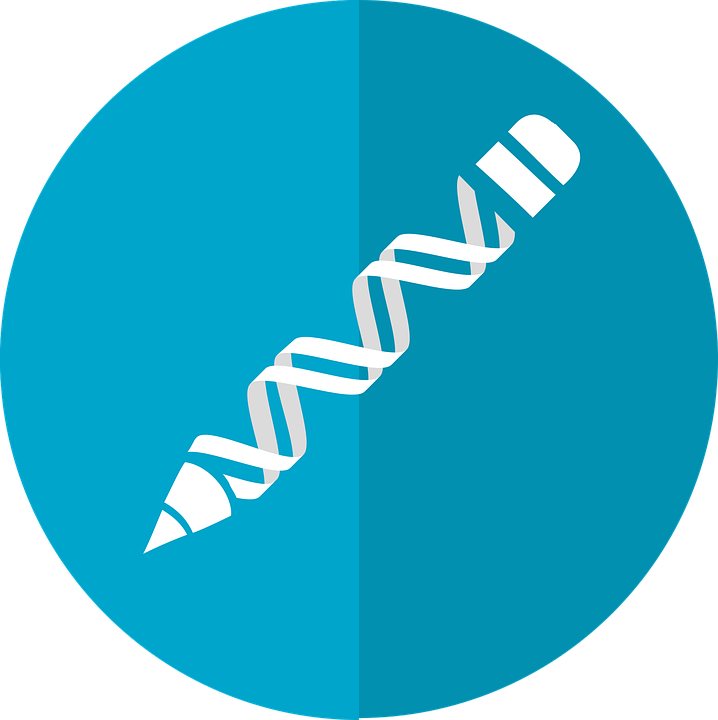Human genome editing: ensuring responsible research
By Editorial,
The Lancet
| 03. 18. 2023
In 2018, during the Second International Summit on Human Genome Editing in Hong Kong, Jiankui He shocked the world by announcing the birth of two children whose genomes he had edited using CRISPR technology. Following widespread condemnation and a criminal investigation, he was sentenced to 3 years in prison. The case caused international outcry and brought to the fore the need to reconsider the serious ethical, scientific, and social issues of heritable human genome editing. As science advances, especially in non-heritable, somatic gene editing for treatment of previously incurable diseases, regulatory gaps are becoming exposed. Governance of gene editing research was a major discussion point at the Third International Human Genome Editing Summit in London, on March 6–8, with widespread recognition for the need to build on existing guidelines to develop global standards for governance and oversight of human genome editing. As He's unconscionable actions showed, the ethical and scientific risks are substantial.
Gene editing regulations must consider the aims and consequences of the different practices involved. Somatic genome editing interventions (eg, targeted therapies such as chimeric antigen receptor T...
Related Articles
By Diaa Hadid and Shweta Desai, NPR | 01.29.2026
MUMBRA, India — The afternoon sun shines on the woman in a commuter-town café, highlighting her almond-shaped eyes and pale skin, a look often sought after by couples who need an egg to have a baby.
"I have good eggs,"...
By George Janes, BioNews | 01.12.2026
A heart attack patient has become the first person to be treated in a clinical trial of an experimental gene therapy, which aims to strengthen blood vessels after coronary bypass surgery.
Coronary artery bypass surgery is performed to treat...
By Staff, ScienceDaily | 01.05.2026
Scientists at UNSW Sydney have developed a new form of CRISPR technology that could make gene therapy safer while also resolving a decades-long debate about how genes are switched off. The research shows that small chemical markers attached to DNA
...
Following a long-standing CGS tradition, we present a selection of our favorite Biopolitical Times posts of the past year.
In 2025, we published up to four posts every month, written by 12 authors (staff, consultants and allies), some in collaboration and one simply credited to CGS.
These titles are presented in chronological order, except for three In Memoriam notices, which follow. Many more posts that are worth your time can be found in the archive. Scroll down and “VIEW...




